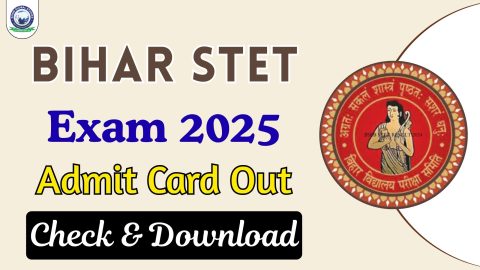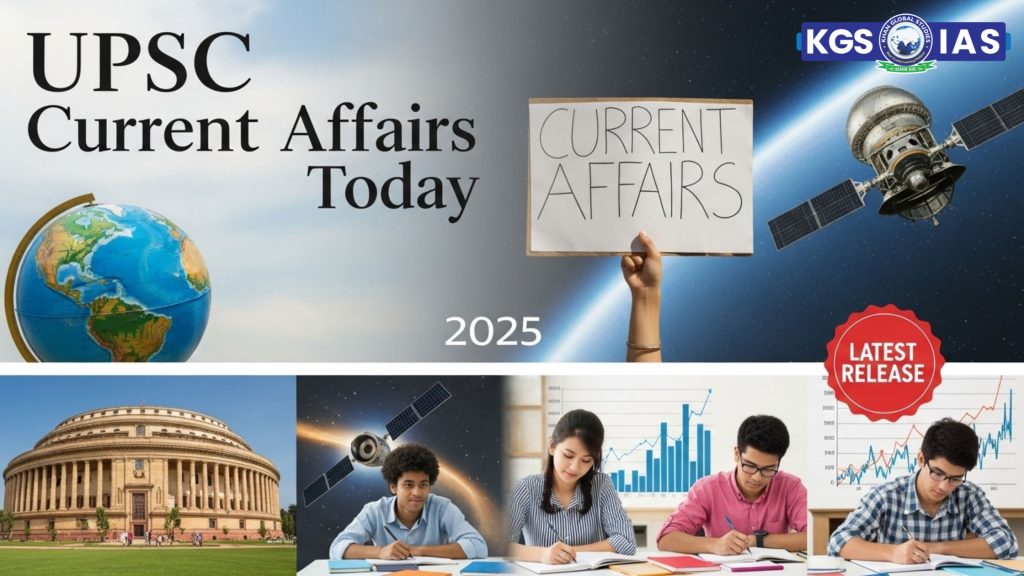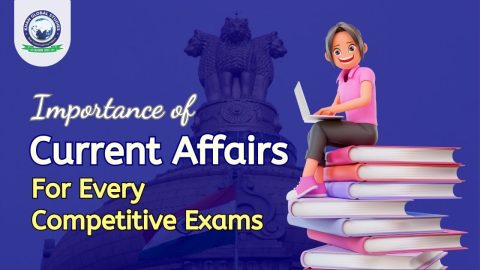Current affairs have evolved from optional reading to essential knowledge. Whether you’re preparing for competitive exams, job interviews, or simply want to stay informed, understanding today’s events shapes your success and worldview.
Modern students face information overload. News cycles move faster than ever, making it challenging to separate important developments from noise. Yet this same reality makes current affairs knowledge more valuable—and more necessary—than previous generations could imagine.
What Exactly Are Current Affairs?
Current affairs encompass recent events, developments, and ongoing issues that impact society locally, nationally, and globally. These include political changes, economic policies, scientific breakthroughs, social movements, environmental concerns, and cultural shifts happening right now.
Unlike historical events, current affairs are dynamic. They’re the stories unfolding as you read this—from government policy announcements and international treaties to technological innovations and natural disasters.
The scope extends beyond headlines. Current affairs include:
- Government schemes and policy changes
- Economic indicators and market movements
- Scientific discoveries and technological advances
- International relations and diplomatic developments
- Environmental issues and climate change
- Sports achievements and cultural events
Why Current Affairs Knowledge Transforms Your Academic Performance
Competitive Exam Success Depends on It
Most competitive exams reserve significant marks for current affairs questions. The Civil Services examination, banking sector tests, railway recruitment, and teaching positions all include substantial current affairs components.
These sections test more than factual recall. They assess your understanding of cause-and-effect relationships, policy implications, and the broader context surrounding recent events. Students who ignore current affairs often struggle with these conceptual questions.
Enhanced Analytical Thinking
Regular current affairs reading develops critical thinking skills naturally. You learn to evaluate information sources, identify bias, and understand multiple perspectives on complex issues.
This analytical approach benefits every subject. History becomes more relevant when you understand its connection to current events. Economics concepts make sense when applied to today’s market conditions. Geography gains meaning through current environmental and geopolitical developments.
Improved Communication Skills
Current affairs knowledge enriches your vocabulary and provides conversation topics across social and professional settings. You’ll participate more confidently in group discussions, debates, and interviews.
Employers value candidates who understand the world around them. During interviews, current affairs knowledge demonstrates intellectual curiosity and awareness beyond your immediate field of study.
The Academic Advantage of Staying Updated
Better Essay Writing
Current examples strengthen academic essays significantly. Instead of relying on dated case studies, you can reference recent events that directly relate to your arguments.
Your writing becomes more engaging and relevant. Professors notice when students connect theoretical concepts to contemporary examples, often resulting in higher marks.
Stronger Research Skills
Following current affairs teaches you to evaluate sources critically. You learn to distinguish between reliable news outlets and questionable sources—a skill essential for academic research.
You also develop the ability to synthesise information from multiple sources, creating comprehensive understanding rather than accepting single perspectives.
Cross-Curricular Connections
Current affairs create bridges between subjects. Environmental science connects to economics through carbon pricing policies. History links to politics through ongoing international conflicts. Literature relates to social movements happening today.
These connections deepen your understanding and help you see how academic subjects apply to real-world situations.
How to Build Your Current Affairs Knowledge Effectively
Establish a Daily Routine
Consistency beats intensity. Reading current affairs for 30 minutes daily proves more effective than three-hour weekend sessions.
Choose a specific time—perhaps with morning coffee or before bed—and stick to it. This routine ensures you won’t miss important developments and helps information retention.
Select Quality Sources
Not all news sources are equal. Focus on reputable publications that provide analysis alongside facts. National newspapers, government websites, and established current affairs platforms offer reliable information.
Diversify your sources to avoid bias. Reading perspectives from different publications helps you understand issues comprehensively.
Create a Note-Taking System
Develop a method for recording important information. Some students prefer digital notes with searchable tags, whilst others use physical notebooks organised by topic.
Include dates, key players, and implications for each event. This system becomes invaluable during exam revision.
Connect Events to Your Studies
Always ask how current events relate to your academic subjects. Political developments might illustrate governance concepts you’re studying. Economic policies could exemplify theories from your economics courses.
Making these connections helps long-term retention and prepares you for exam questions that test applied knowledge.
Monthly Current Affairs: Your Strategic Study Tool
Monthly current affairs compilations offer structured learning opportunities. These resources organise events by theme, making it easier to understand patterns and relationships between developments.
Monthly summaries help during exam preparation by providing concentrated review material. Rather than searching through daily updates, you can quickly revise key events from specific time periods.
Many educational platforms offer free monthly current affairs PDFs, making this resource accessible to all students regardless of budget constraints.
Government Exam Preparation: Current Affairs as Your Secret Weapon
Government exams heavily weigh current affairs questions. These tests assess candidates’ awareness of recent policy changes, government initiatives, and national developments.
Understanding current affairs for government exams requires focus on specific areas:
- Government schemes and their implementation
- Policy changes and their implications
- Economic indicators and budget allocations
- International relations affecting the country
- Social issues and government responses
Success in these exams often depends more on current affairs performance than other sections, making this knowledge crucial for career advancement.
Building Long-term Success Through Current Awareness
Professional Advantages
Current affairs knowledge benefits your career long after graduation. Professionals who understand contemporary issues contribute more effectively to workplace discussions and strategic planning.
Employers increasingly seek candidates who can contextualise their expertise within current market conditions and social trends.
Civic Engagement
Staying informed enables meaningful participation in democratic processes. You’ll make better voting decisions, understand policy implications, and engage constructively in community discussions.
This civic awareness becomes particularly important as you assume greater responsibilities in society.
Personal Development
Current affairs reading expands your worldview and cultural understanding. You develop empathy for different perspectives and appreciation for global interconnectedness.
This broader perspective enhances personal relationships and opens opportunities for international study or work experiences.
Your Current Affairs Journey Starts Now
Begin with small, manageable steps. Choose one reliable current affairs source and commit to reading it daily for one week. Notice how your awareness of contemporary issues grows even in this short time.
Gradually expand your sources and deepen your analysis. Start connecting current events to your academic subjects and personal interests.
Remember that current affairs knowledge builds cumulatively. Today’s news becomes tomorrow’s context for understanding future developments. The earlier you start, the stronger your foundation becomes.
Your investment in current affairs knowledge pays dividends across academic, professional, and personal domains. In our rapidly changing world, staying informed isn’t just beneficial—it’s essential for success.









